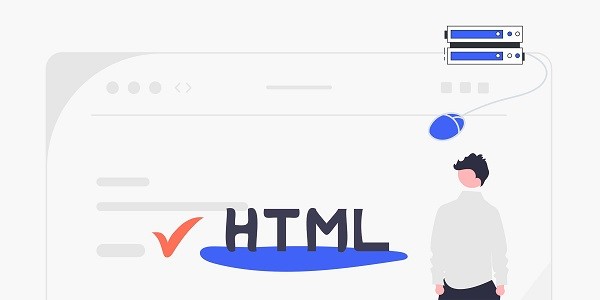What is a Luno Life discount code? What problems can it solve?A discount code is a string of letters or numbers that users can enter at checkout to reduce some of the fees. For consumers who value cost-effectiveness, discount codes are a core tool to reduce shopping costs. As a brand focused on a healthy lifestyle, Luno Life's products include sports equipment, smart wearable devices, and personalized nutrition plans. Luno Life discount codes provide users with direct price discounts or additional service upgrades.By using discount codes properly, consumers can not only purchase high-quality goods at a lower cost, but also unlock membership privileges, gifts or limited-time packages. The key is how to efficiently obtain and apply these codes to avoid invalid operations due to expiration or restrictions. How do I find a valid Luno Life discount code?The channel where you get the discount code directly affects its availability and discount strength. Official channels usually include brand email subscriptions, social media activities or partner promotions. For example, subscribing to Luno Life’s newsletter may get you an exclusive code for 10% off your first order; following its Instagram or TikTok account will give you the opportunity to participate in a lucky draw and win free products or free shipping.Third-party platforms such as discount aggregation websites or rebate apps may also provide limited-time codes, but you need to verify the validity period and scope of use. Luno Life occasionally launches "loyalty discount codes" for old users, which are distributed through in-account messages. Keeping track of multi-channel information and giving priority to official sources can significantly increase the success rate. Why do some discount codes not work? How can I avoid common mistakes?Common reasons why discount codes may no longer work include expiration, category restrictions, or not meeting a minimum spending threshold. Some codes only apply to certain product lines, such as sportswear or electronics; others require a certain order amount to activate. Luno Life's "FREESHIP" code may only be valid if the cart is over $50, while "SUMMER20" may exclude sale items.To avoid mistakes, it is important to read the terms in the code details carefully. Before using, you can try to add the product to the shopping cart and simulate the checkout process to confirm whether the discount will automatically take effect. If you encounter any problems, contact Luno Life customer service in time and provide screenshots. In some cases, you may receive manual compensation discounts. How do discount codes and loyalty programs work together to achieve the greatest savings?Many brands use membership systems to enhance user stickiness, and Luno Life's point reward mechanism is an example. After registering as a member, each purchase can accumulate points, which can be exchanged for discount codes or directly used as cash. For example, every $1 spent can accumulate 10 points, and 1,000 points can be exchanged for a $5 discount code, forming a virtuous cycle of "consumption-rebate-re-consumption".More advanced strategies include stacking: first redeem the discount code with membership points, and then combine it with the limited-time promotional code. Assuming the original price of a product is $100, first use "LOYALTY10" to reduce $10, and then add "FLASHSALE15" to enjoy an additional 15% off, the final price drops to $76.5, saving 23.5%. Pay attention to whether the brand allows multiple codes to be stacked. Luno Life usually indicates the rules on the event page. What are the essential differences between limited-time discount codes and regular offers?The core value of a limited-time discount code is urgency and scarcity. For example, Luno Life might issue a "BLACKFRI30" code during Black Friday, offering a 30% discount on all items, but only for 48 hours. Such codes are usually more generous than regular promotions and may cross category boundaries, even covering new products.Regular offers focus more on stability, such as instant discounts for new users’ first orders or quarterly clearance codes. A combination of the two can maximize profits: first use limited-time codes to purchase high-priced items, and then use regular codes to replenish daily consumables. Pay attention to Luno Life’s holiday marketing rhythm (such as Christmas and Member Day) to plan your shopping list in advance and seize the opportunity. As a brand dedicated to improving the quality of healthy living, Luno Life creates continuous value for users through diversified discount codes and membership benefits. From dynamic price adjustments to exclusive loyalty programs, its discount system takes into account both immediate savings and long-term returns. Whether it is a first-time experience or a repeat purchase, making good use of discount codes can make every purchase more cost-effective.As a professional proxy IP service provider, IP2world provides a variety of high-quality proxy IP products, including dynamic residential proxy, static ISP proxy, exclusive data center proxy, S5 proxy and unlimited servers, suitable for a variety of application scenarios. If you are looking for a reliable proxy IP service, welcome to visit IP2world official website for more details.
2025-04-29









